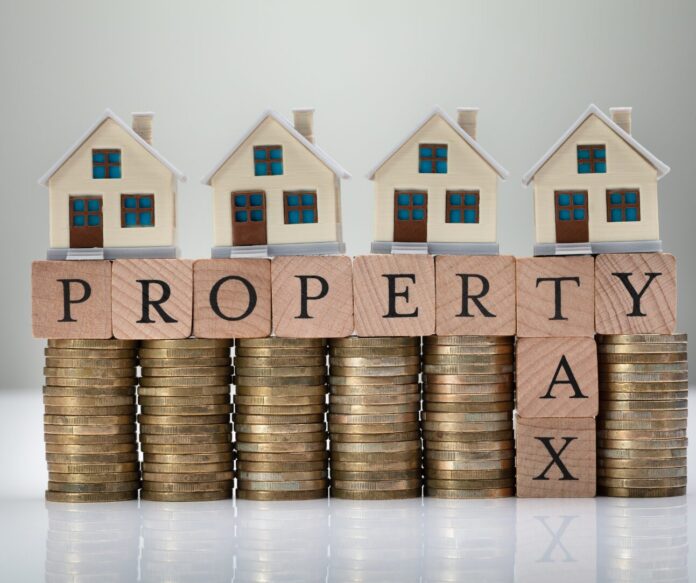COLUMBUS, Ohio — Ohio lawmakers unveiled a comprehensive legislative package on Wednesday aimed at delivering tax relief to homeowners across the state. The proposed measure, titled the Property Tax Relief Now Act (House Bill 335), combines several previous bills into one sweeping reform effort.
Introduced by State Representatives Bill Roemer (R-Richfield) and David Thomas (R-Jefferson), the legislation is projected to provide $3.5 billion in direct tax savings and is being described by its sponsors as the most significant overhaul of Ohio’s property tax system since 1976.
Key Provisions of House Bill 335:
- Caps on School and JVSD Property Tax Increases
The legislation targets unvoted property tax spikes by creating a new tax credit. This credit limits school district revenue growth from the 20-mill floor to the rate of inflation. This means that if property values rise sharply, tax bills will be tempered — especially for districts already at the minimum millage. - Local Homestead Exemptions
County commissioners would gain the authority to provide additional homestead exemptions for residents, especially low-income seniors, disabled veterans, and surviving spouses of first responders. These would be layered on top of existing state-level exemptions and mirror the state’s traditional and enhanced homestead programs. - Greater Transparency in Tax Levies
The act aims to eliminate confusion surrounding tax levies by:
- Requiring certain levies to count toward the 20-mill floor
- Eliminating the use of substitute levies
- Banning school districts from changing the purpose of inside millage to generate higher revenue
- Ban on New Inside Millage
The bill would prohibit all political subdivisions, except townships, from levying new inside millage — a form of property tax that does not require voter approval. Townships may retain current rates but cannot increase them beyond 2024 levels. Lawmakers say this change alone will bring $3.5 billion in relief to property owners. - Optional Local Sales Tax Increases
To offset potential revenue losses, counties may raise local sales taxes by up to 1%, but only if approved by voters. This gives communities another way to fund services without relying heavily on property taxes. - Oversight of Excess Reserves and Public Involvement
The bill requires County Budget Commissions to hold public hearings if any local taxing authority holds reserves exceeding 30% of its annual budget. Commissions could reduce future levies based on these findings. Additionally, public meetings would be required before placing new levies on the ballot. - Stronger Budget Commission Authority
House Bill 335 would grant County Budget Commissions more power to monitor, adjust, and coordinate levies across jurisdictions, aiming to reduce redundancy and inefficiencies in local taxation.
The bill is expected to draw attention across party lines as both a relief mechanism and a structural reform, especially amid continued complaints about rapid property valuation increases across Ohio counties.
House Bill 335 will now move to committee for further hearings and potential amendments





